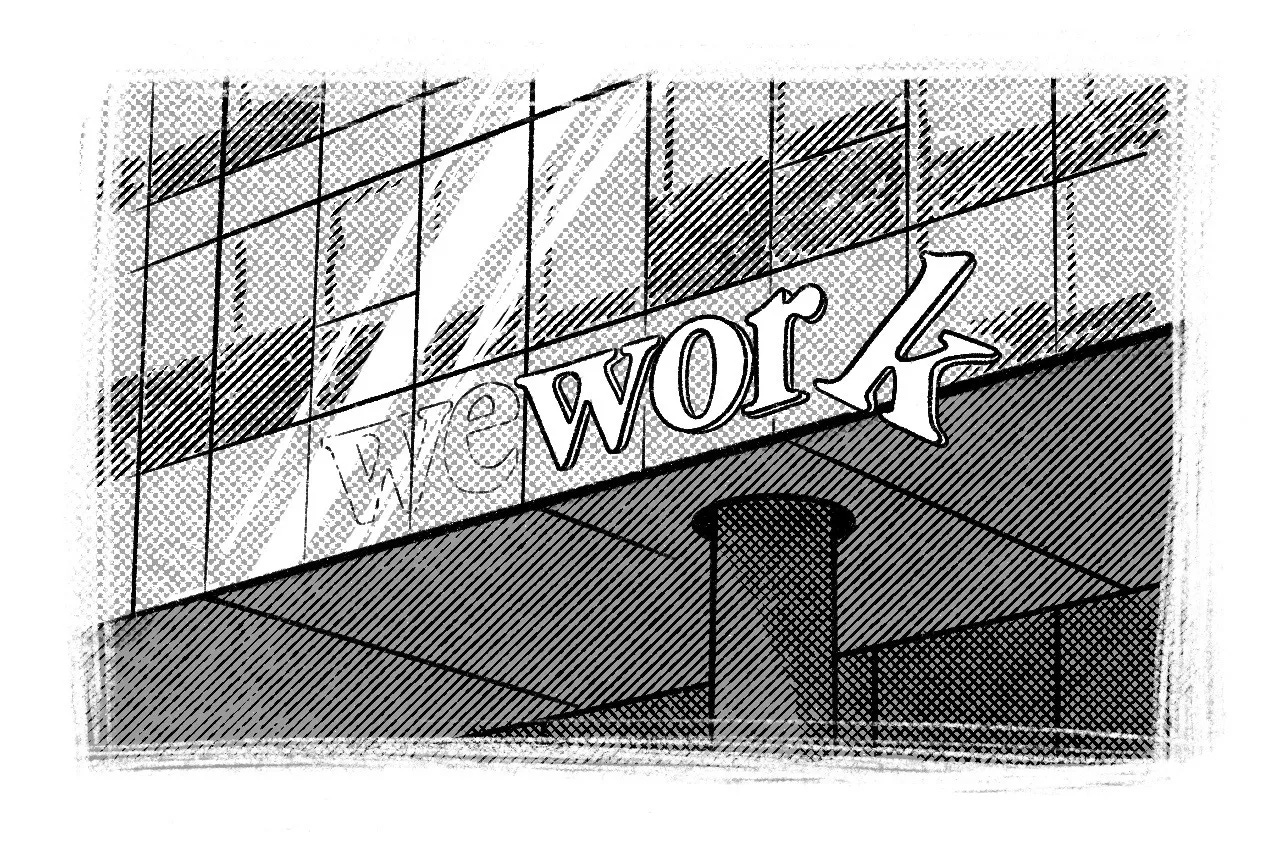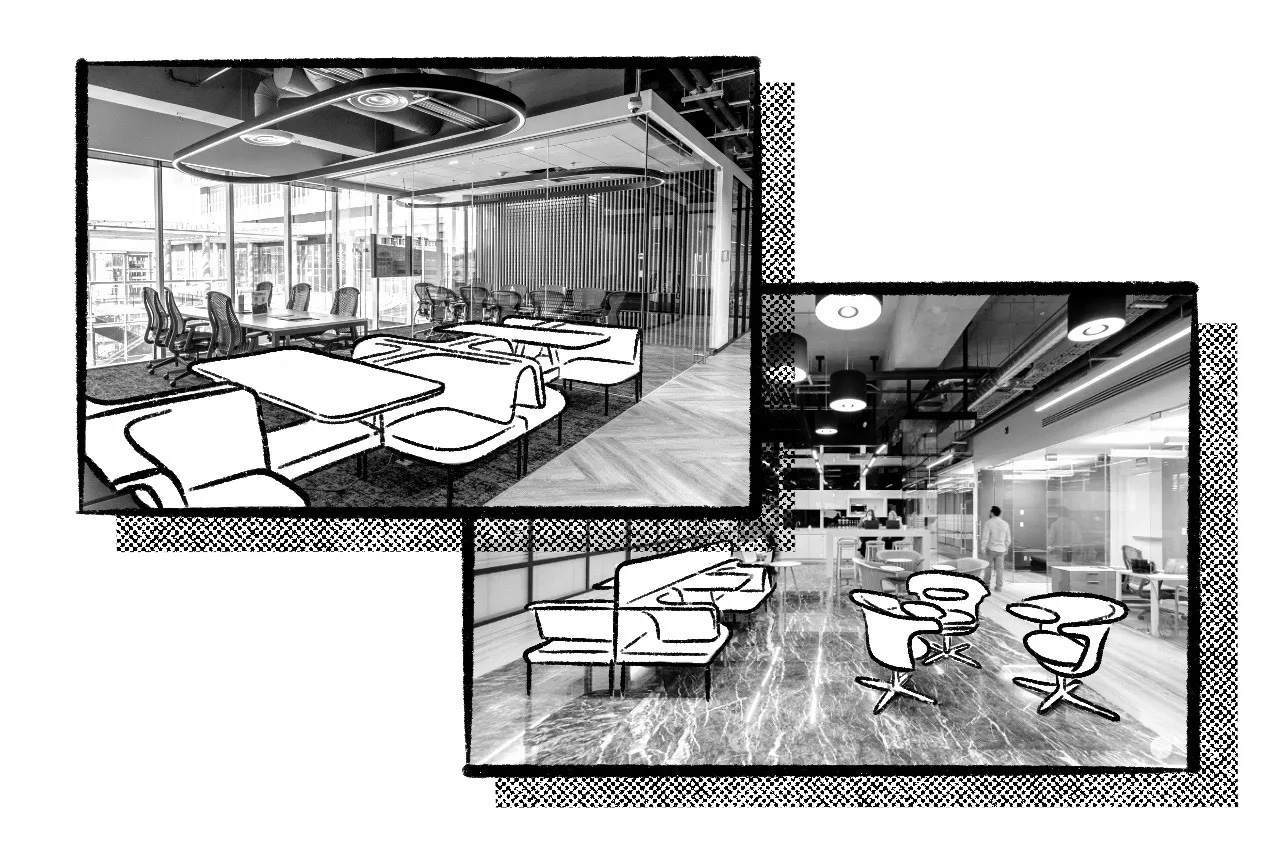The intricate tapestry of WeWork's journey, its tumultuous period from 2019 to 2020 marked by a failed IPO and reputation setbacks, resilience amid the COVID-19 pandemic, strategic maneuvers, including the spin-off of its Latin American business, LatamCo, and its eventual public listing.
WeWork's challenges and changes
Failed IPO and reputation issues (2019-2020): WeWork faced a failed IPO and reputation damage.
Impact of COVID-19 pandemic: The pandemic made it difficult to sell office spaces.
SoftBank's ownership and decisions: SoftBank, owning 80% of WeWork since 2019, merged WeWork with a SPAC for share selling.
Spin-off of Latin American business (LatamCo): WeWork spun off its Latin American business into LatamCo before the merger.
Public listing exclusion: When WeWork went public, its Latin American locations and liabilities were excluded from the balance sheet.
Don’t forget to subscribe to our weekly newsletter, it’s free!
WeWork's operations in Latin America
Presence in Latin America (2021): WeWork had about 90 locations across 18 cities in Latin America.
Occupancy rates: Approximately 50% occupancy rate in Latin American locations.
Ownership and contributions to LatamCo: LatamCo was owned by the Latin America Fund and WeWork, with both contributing funds and resources.
Franchise agreement: LatamCo operated under a franchise contract, using WeWork's brand and technology platform.
WeWork's business model and strategy
Rapid expansion with investments: Received about $6.5 billion in investments by 2019 for rapid growth.
Unique real estate strategy: Occupied entire buildings, unlike other coworking companies.
Clientele: Attracted large clients like Santander, Twitter Mexico, and Salesforce.
Operational challenges: Faced issues with promotional discounts and over inventory.
Industry constraints: Struggled with the real estate sector's long-term and inflexible contracts.
Evolution of coworking spaces
Historical development: From 'executive suites' in the 70s and 80s, to 'business centers' in the 90s, and to coworking spaces in the last 10-15 years.
IOS Offices and post-pandemic trends
IOS Offices: Founded in 2006, focused on premium office spaces for long-term clients.
Post-pandemic demand: High demand for office spaces, especially in the USA.
Trends in work models: Trends favoring hybrid work models and flexible, shorter leases.





